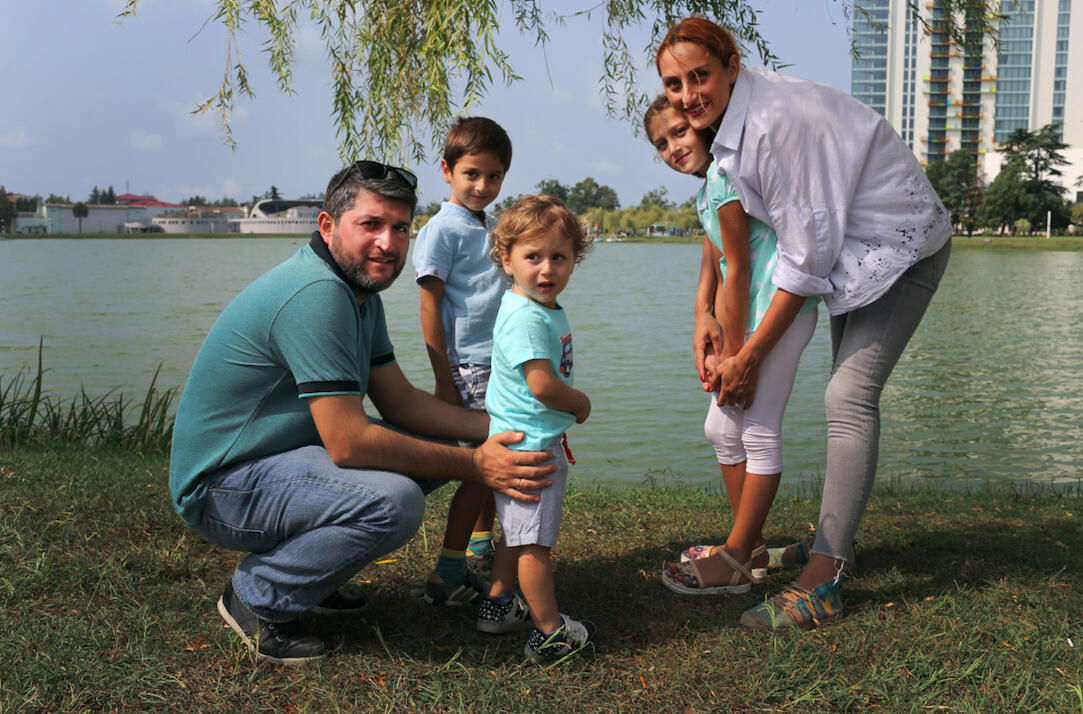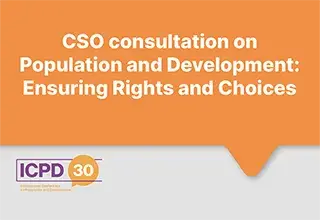ISTANBUL, Turkey — Women in the Western Balkans and Moldova face significant barriers in achieving balance between their family lives and employment. Though these barriers are invisible, they are very real, greatly restricting the important choices women have in their lives while also limiting the ability of these societies to flourish.
When women’s choices are constricted by a lack of support for combining career and family, their ability to participate fully in the workforce or to have the number of children they want will inevitably suffer. Both outcomes have a high cost not only for individuals, but also for entire countries, by keeping fertility rates low and depriving national economies of the contributions that women could make.
This week, UNFPA launched a new regional programme, “Expanding Choices: Gender-Responsive Family Policies for the Private Sector in the Western Balkans and Moldova,” that aims to help address this dilemma. The programme is supported by the Austrian Development Agency.
By working hand-in-hand with the private sector and governments as part of this programme, UNFPA will champion policies at the national level and in the workplace that enable women and men to reach both their career aspirations and fertility intentions.
There is overwhelming evidence to suggest that Eastern European women, including in the Western Balkans and Moldova, are struggling to reach the number of children they want, which is typically around two. This is in contrast to actual fertility rates, ranging between 1.3 to 1.5, a gap that signals the existence of significant obstacles in society.
A growing body of literature has demonstrated that gender-responsive family policies are powerful tools to help couples reach their fertility aspirations while challenging discriminatory gender norms and redistributing unpaid care work. There is also a growing recognition that the private sector is a critical partner, stakeholder and player in catalysing sustainable development, in particular by expanding choice for women. Evidence suggests that the introduction of workplace family policies – ranging from flexible working time to extended parental leave – has improved employee retention, attraction of top talent, workplace innovation and even performance outputs.
At the societal level, the implementation of these policies further accelerates progress towards the Sustainable Development Goals while enabling parents to have greater control over their work and personal lives. According to the OECD, gender-responsive family policies introduced by Nordic countries, for example, have been associated with a boost in female employment and increased per capita GDP growth.
At the core of all of these changes is a need for more equitable gender norms. This includes recognizing the critical contributions women can make in society, as well as the role that men should play in unpaid care work.
The new Regional Programme will take a longer-term vision of enabling choices by working at these three levels – national policy, private-sector policy and social norms – to change gender norms, create an equitable distribution of care work and support men to embrace positive masculinities. By harnessing the private sector and governments as champions of gender-responsive family policies, we can make a significant and positive improvement in the lives of working women and working families.




